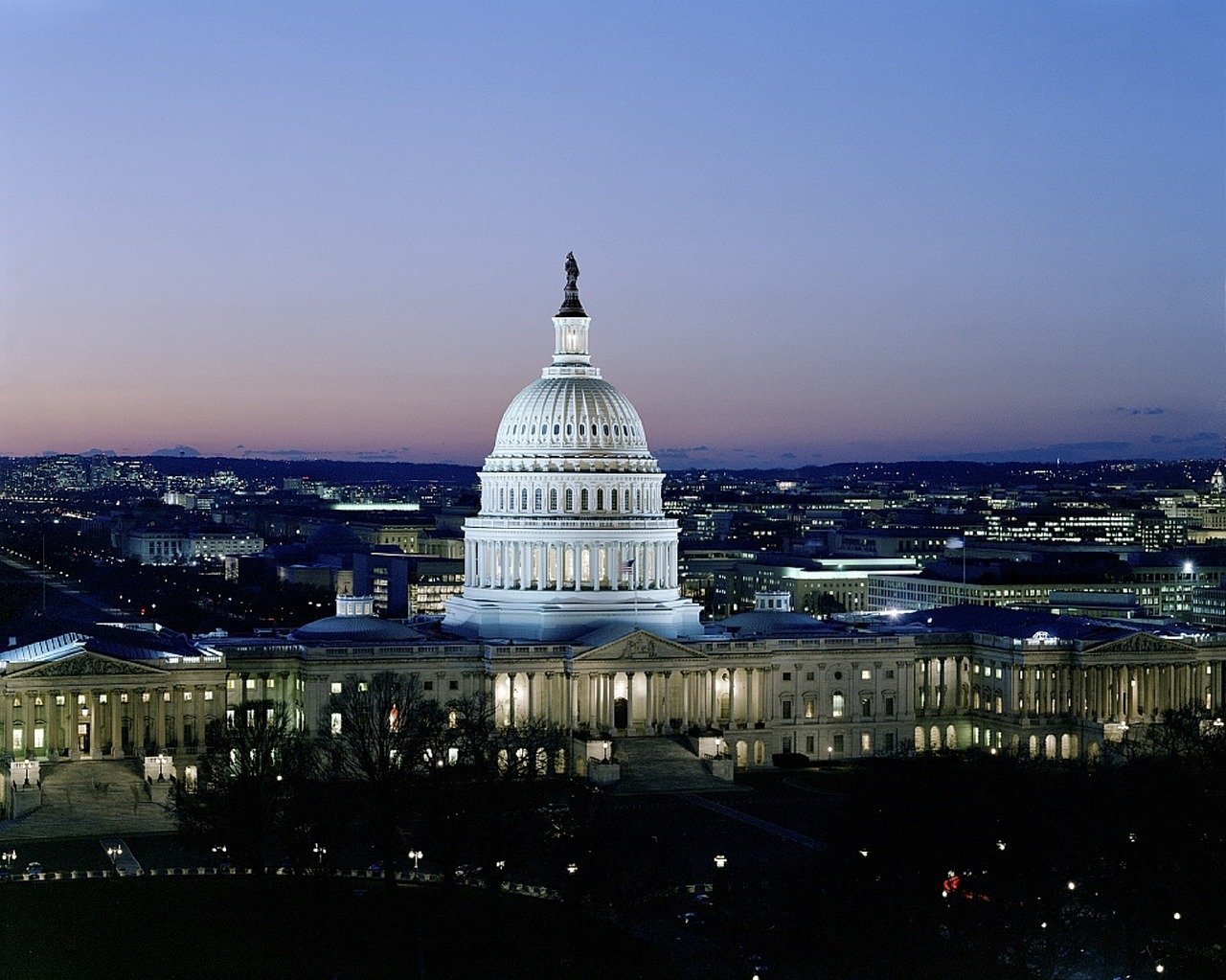International students around the world and on campus said they let go of the picture of exemplary American democracy after a violent mob stormed the U.S. Capitol building in Washington D.C. yesterday.
For Lore Vazquez Olivera ’22 from Mexico, the events bore a striking resemblance to politics at home, with the president throwing “tantrums” after losing elections, she said.
“As an international student, you idealize [the U.S.] a little bit,” Vazquez Olivera said. “You think this is the best country in the world, this is the definition of democracy, this is the moral standard.”
After seeing the Wednesday events, anxiety emerged for Vazquez Olivera, even while studying in California: “What if I ever come across these guys? What am I going to do?”
Questioning things she took for granted about American democracy, she said the level of impunity stands out the most.
“Why aren’t these guys getting arrested when in BLM there was violence and people got arrested? Why isn’t Trump getting disciplined?” Vazquez Olivera asked. “It looks like one of those end-of-the-world movies and it is just so contradictory to everything America preached to be for all these years.”
Mexico’s president condemned the suspension of Trump’s social media accounts following the incendiary communications, calling it “censorship,” Reuters reported.
Oleksandra Ustinova ’19, a member of Ukrainian parliament and an alum of Stanford’s Ukrainian Emerging Leaders Program, condemned the “threats to democracy” in the United States in a statement to The Daily. As a deputy leader of the group on inter-parliamentary relations with Ireland, Israel, Canada and the United States, she offered an Eastern European perspective on the events.
“Ukraine experienced peaceful protests in 2014 without taking over the buildings (up until Yanukovych and other government officials escaped to Russia). Peaceful protests are democratic and serve as a way to express one’s opinions,” Ustinova wrote. “It is also important to draw a parallel with Belarus, where weapons were used against the peaceful protesters, who did not take over any buildings, whereas the Washingtonian police didn’t do so.”
Ukrainian President Volodymyr Zelensky commended the resilience of democratic institutions in the U.S. “that within mere hours of this horrific attack held a historic session that affirmed the will of the American people” in a tweet. Zelensky became a prominent figure in American politics after Trump called him and pressured him to investigate President-elect Joe Biden’s family during the election, leading to Trump’s impeachment.
Yang Fan Yun ’23 boarded a plane from New Zealand to leave for Stanford Wednesday night. So, the news about riots in the American capital came “a bit too late to change plans.”
“I expected some level of chaos and unrest, but definitely not to the magnitude and intensity of what’s been happening today,” Yun wrote in a statement to The Daily. Even after returning to campus in California, he had “serious doubts about my own safety.”
For him, the political events of 2020 put the “fragile and archaic… democratic institutions in the US” on display: “In no other functioning democracy is the transition process so long and arduous.”
“Transitions and losing power are part and parcel of the democratic process, and I worry about how what’s happening now will permanently erode democracy in the global flag bearer of democratic values,” Yun wrote.
Jacinda Ardern, prime minister of New Zealand, expressed support for democracy and condemned the mob’s actions in a tweet. “Democracy — the right of people to exercise a vote, have their voice heard and then have that decision upheld peacefully should never be undone by a mob,” Ardern wrote.
Lara Arikan ’23, a student from Turkey, is currently at Stanford. The riots didn’t surprise her. “If you put all your hope in one person, and it doesn’t work out, you become very frustrated — and I think it’s much like that, that all these people feel personally offended, and are not willing to be offended quietly,” she wrote.
Arikan said the events of this election cycle informed her understanding of American voters.
“Americans seem more responsive to the particular state of affairs in their country compared to Turks, who have historically valued continuity,” Arikan wrote.
She believes a reckoning is necessary to understand the underlying reasons for unrest.
“I feel that this follows from more than an inability to accept the election results,” Arikan wrote. “I think it would help to consider why these voters feel they need a champion like Trump.”
The Turkish embassy in D.C. released a statement of concern following the mob, calling on all parties to “maintain restraint and prudence.” The statement comes amid internal unrest in Turkey: Students are protesting the presidential pick for a university director.
Bechtel International Center sent out an email to the international students’ mailing list, addressing the “unsettling” events in Washington.
“It [has] been disturbing to witness the violence and disruption in the seat of our federal government, on the occasion of what should have been a peaceful electoral-vote count of the 2020 presidential election,” the staff wrote.
The center cited student residential staff, Graduate Life Office, CAPS, Residence Deans and the Dean of Students Office as support resources available to the international community.
Contact Anastasia Malenko at malenk0 ‘at’ stanford.edu.
